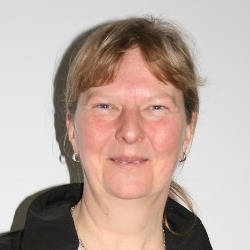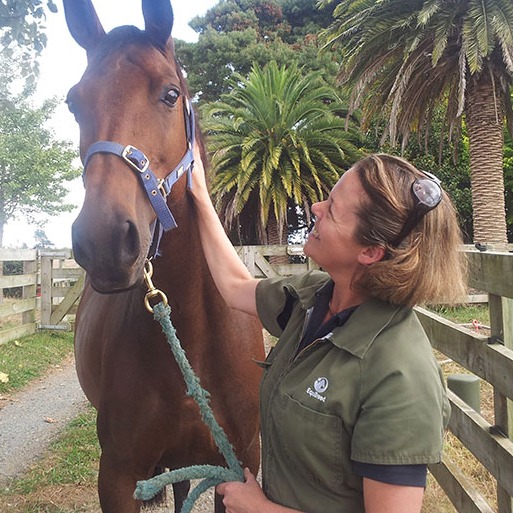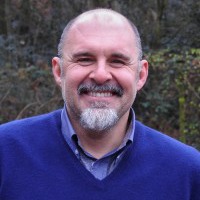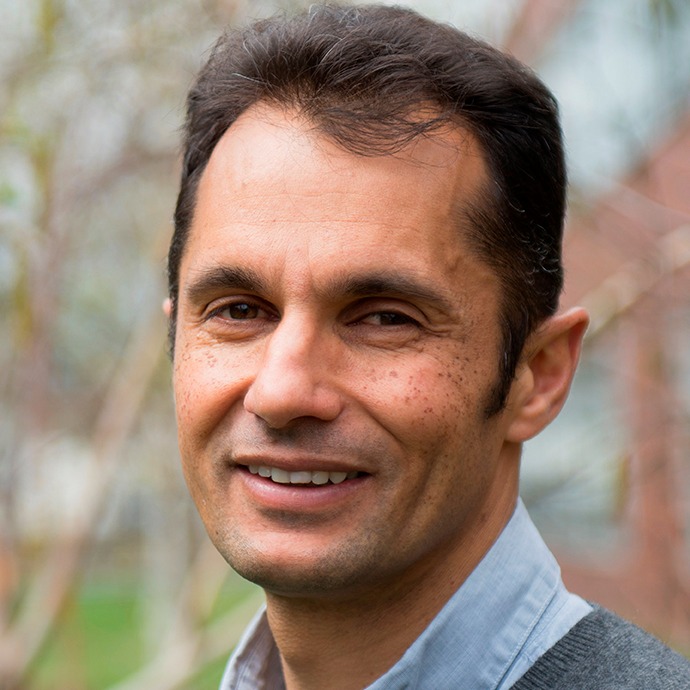Embryo Transfer in Equine Practice
Species
Equine
Contact Hours
3 Hours
Early Booking Deadline
Thu, 01 January, 1970
Registration Deadline
Thu, 01 January, 1970
Language
English
Discipline
Reproduction / Theriogenology
Industry Partners
Global

Veterinary Partners
Global


Recorded on: 21st March 2023
Panelists:
Lee Morris BVSc, DVSc, DACT - Equibreed NZ Ltd, New Zealand
Denis Necchi DVM, DECAR - KEROS ET Centre, Belgium
Tom Stout VetMB, MA, PhD, DECAR, KNMvD Specialist - Utrecht University, The Netherlands
Moderator:
Christine Aurich Ao.Univ.-Prof., DECAR, Dr.med.vet. - Vetmeduni, Austria
CONTENT DESCRIPTION
More than fifty years ago, embryo transfer (ET) in horses was developed. In comparison to other species, there was always a reluctance among horse breeders to use this technique on a larger scale, especially in Europe. This reserved attitude depended mainly on a low efficiency in embryo yield per mare as well as dissatisfying pregnancy rates after transfer of cryopreserved embryos. The development of embryo production by ovum pick-up (OPU) in association with ICSI (intracytoplasmatic sperm injection) and in vitro culture has, however, revolutionized the breeding of valuable performance horses and broodmares because it made embryo production more reliable.
Even more importantly – horse embryos produced in vitro allow for cryopreservation and reasonable pregnancy rates after transfer. A limiting factor in this regard is still the ICSI procedure itself that requires a highly specialized laboratory with skilled collaborators and expensive equipment. There is therefore an increasing demand in the establishment of such laboratories. Very recently, the successful production of horse embryos by in vitro fertilization– a technique that was not yet available for the equine species – was reported and may even further enhance the use of embryo transfer and associated techniques in horse breeding.
The international panel of world-renowned equine reproduction specialists and researchers will present and discuss advantages, disadvantages and perspectives of the different methods for embryo production in horses.
.
Dr. Christine Aurich is the head of the Centre for Artificial Insemination and Embryo Transfer and the Graf Lehndorff Institute for Equine Science at the Vetmeduni Vienna, Austria. She is a Diplomate of the European College of Animal Reproduction. Her current research focuses on gamete physiology, assisted reproductive technologies and early pregnancy development. She is Chair of the scientific committee of the International Symposium for Stallion Reproduction and President-elect of the International Equine Reproduction Symposia committee. Christine Aurich is an author of numerous scientific articles in international journals and the editor of a German-language textbook on equine reproduction.
More InfoLee graduated from The University of Sydney in 1992 with a Bachelor of Veterinary Science. After 2 years in rural veterinary practice in northern NSW, Australia she undertook a 3-year residency programme in Theriogenology at the University of Guelph in Canada during which time she also became a Diplomate of the American College of Theriogenologists in 1997, and then graduated with a Doctorate of Veterinary Science in 1998. Her DVSc thesis work encompassed in vitro studies (IVF) on the production of embryos and the assessment of male fertility. From 1998 to 2001 Lee was employed as the Senior Veterinary Research Scientist at the Equine Fertility Unit in Newmarket (UK) where she worked with Professor Twink Allen and developed the hysteroscopic (low dose) insemination procedure for horses. In 2001 Lee was the Senior Registrar at The University of Sydney from where she provided clinical reproductive services for horses and dogs and conducted research into sex-sorted semen. Lee has been in New Zealand since 2002 and is now the Specialist Equine Reproduction veterinarian at EquiBreed NZ Ltd. In 2004, she became a Registered Specialist in Veterinary Reproduction in Australasia. Her special interests include artificial insemination (AI), embryo transfer (ET), epididymal spermatozoa, hysteroscopy, equine laparoscopy, semen freezing technology, sex-sorted semen and challenging cases of mare or stallion infertility. Lee provides referral consultancy services to equine vet clinics in New Zealand and Australia.
In 2004, Lee was elected onto the committee for the International Symposium of Equine Reproduction (ISER) and in 2014 she was the local Chairperson for the ISER XI in 2014 in Hamilton, NZ.
Lee has been an Honorary Associate of The University of Sydney (Australia) and an Honorary Lecturer at The University of Waikato (NZ) in recognition of her contribution to research. She has lectured and provided clinical tuition to veterinary students at The University of Guelph (Canada), Cambridge University (UK), Massey University and The University of Sydney (Australia). She has been the industry supervisor of 4 MSc theses (Waikato University, New Zealand) and 2 PhD theses (The University of Sydney, Australia). Lee has published more than 25 peer-reviewed scientific papers, presented her research internationally and written chapters in the Veterinary Clinics of North America and two textbooks on Equine Reproduction.
More Info
Dr. Denis Necchi (University of Milan, 1996) joined the team at Keros in the beginning of 2019 and is responsible for the embryo transfers. Dr. Necchi has an impressive track record: from 2006 to 2013 he worked at the University of Utrecht, after which he will return to Italy in 2015 to work at Avantea. From 2016 to 2018 he worked at Broline in Sweden. His main interests are reproductive technology in relation to freezin semen, fertility of both mare and stallion, embryo transfer and Ovum Pick Up (OPU).
More InfoTom qualified from Cambridge University's School of Veterinary Medicine in 1993. He performed his PhD, also at Cambridge, on 'Maternal Recognition of Pregnancy in the Mare' under the supervision of Professor W.R. 'Twink' Allen at the Equine Fertility Unit in Newmarket funded by the Horserace Betting Levy Board. After a short period as Lecturer in Animal Reproduction at Cambridge Tom moved to Utrecht University to become a lecturer in equine reproduction. In 2007, he was appointed to the Chair of Equine Medicine and Reproduction at the Department of Equine Sciences and also to an extraordinary Chair in Reproduction at the University of Pretoria, Department of Production Animal Sciences.
Tom is a Diplomat of the European College of Animal Reproduction (ECAR) and a Royal Dutch Veterinary Association specialist (KNMvD) in Equine Reproduction. He runs a busy clinical discipline working on all aspects of equine reproduction, with increasing emphasis on assisted reproduction and diagnosis and treatment of infertility. Tom's research interests are focussed on fertilisation, early embryonic development and early pregnancy loss in mares and in the relationships between semen quality and fertility in stallions. He is also involved in studies into semen quality and early embryonic development in farm animal and wildlife species and contraceptive techniques for the management of wild animal populations.
More InfoVeterinary Student
Online Panel Discussion
USD 35.00
Qualified Vet
Online Panel Discussion
USD 85.00
Intern/Resident/PhD (Requires proof of status)
Online Panel Discussion
USD 65.00
Vet Nurse/Vet Tech (Requires proof of status)
Online Panel Discussion
USD 65.00
If the options you are looking for are unavailable, please contact us.
No tax will be added unless you are a UK taxpayer
Choose currency at checkout


















